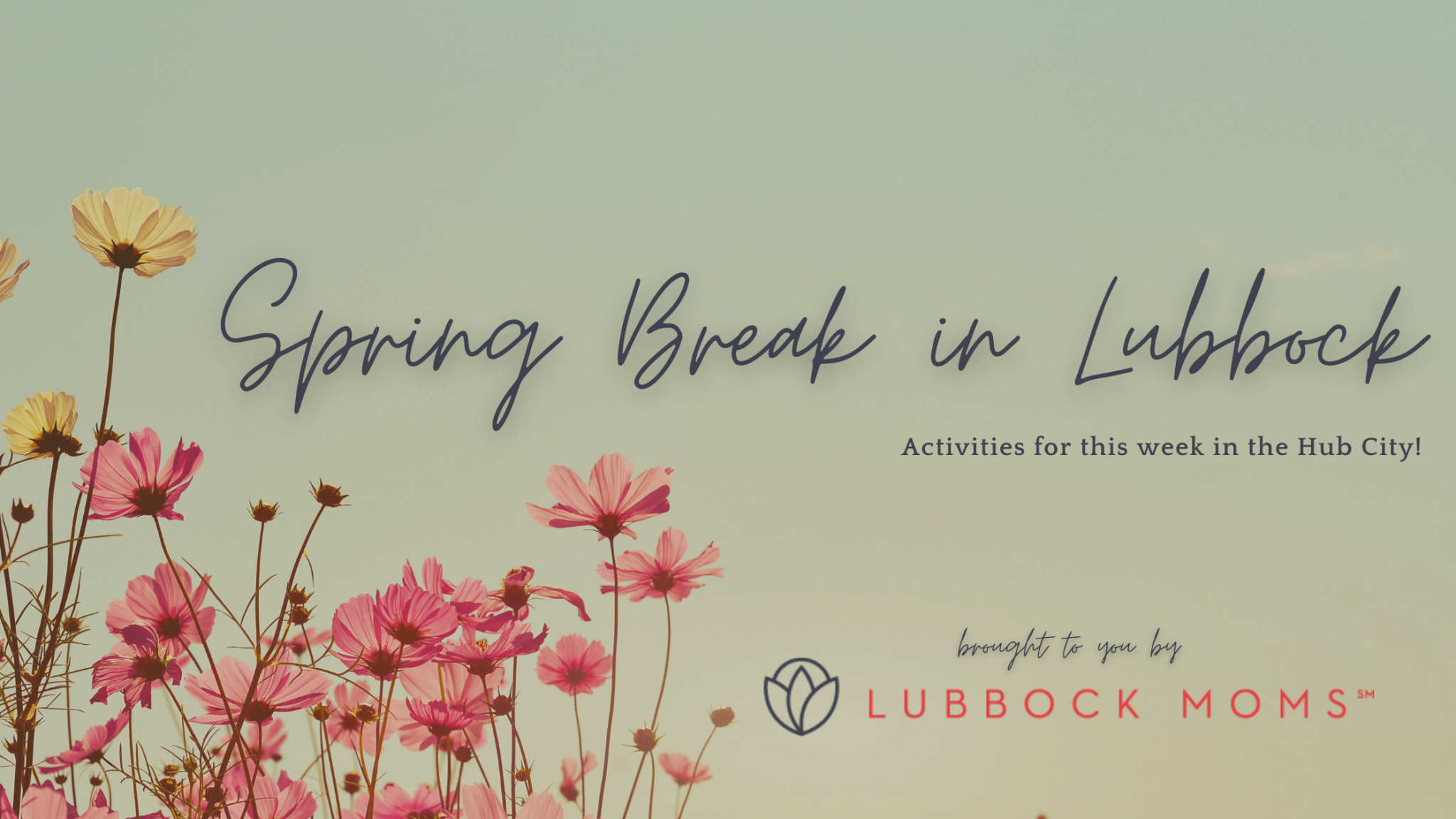
Oh, the comment section of any social media platform! Why are you such a tinderbox? Why can’t I look away from your train wreck, and why, oh why, do I engage?! It’s not me, it’s you, and I’m done arguing with people on the internet.
First of all, allow me a caveat to say that I am, by nature, not at all argumentative. I’m a peacekeeper. A mediator. A go with the flow-er. But even with all my “you do you-isms,” I have still found myself passionately articulating my perspective with someone on the internet. I’m willing to bet at one point or another you have found yourself here too.
Picture this: You see the post (you know the one), and your breath catches. Maybe your heart races a beat. You find yourself immediately compelled to allow your fingers to fly across your keyboard or phone screen to explain to your friend (or perfect stranger) why their thoughts and opinions are ill-informed. If you’re anything like I used to be, you sincerely think that providing this person with some information will allow them to see the light. Indeed, once they read your thoughtful comment, they will join you on the side of right, right?
Well, it never quite shakes out that way, does it? A trusted mentor once told me that everyone wakes up each morning, thinking they are on the side of right. No one, minus perhaps a total psychopath, wakes up in the morning and thinks, “I know that everything I believe is wrong and evil and, to hell with it, I’m just going to believe it anyway.” We all believe that we are making rational fact-based choices, and I don’t know about you, but I have never in my 41 years changed my mind about something because someone else shook a virtual finger in my face.
Hang with me a second… I’m about to get science-y.
We all think we are making rational, discerning assessments of the world, but the reality is that we’re all quickly processing information and making snap, intuitive decisions. Cognitive science has shown us that our minds are ill-equipped to handle the vast amounts of information thrown at us in today’s modern digital world. So, we develop mental shortcuts to help us process all the information. These shortcuts, called confirmation bias, allow us to cherry-pick information that confirms our existing ideas and beliefs. Science also tells us that we are incapable of recognizing our own biases (lovely). This doesn’t make you a bad person. This makes you human and busy and overwhelmed by information.
Our brains also really, really want harmony. We hate it when our beliefs, ideals, and values don’t align neatly. That’s why, when faced with new information that might challenge our beliefs, we experience discomfort (Cognitive Dissonance). We go to great pains to avoid it, and that is why arguing with people on the internet is a fool’s errand. The truth about our brains is that when our deepest convictions are called into question, we double-down our beliefs and dig our heels in (the Backfire Effect). If you’re alive in 2020 and have access to the internet, I guarantee you’ve seen this happen, or have done it yourself <points a guilty finger at herself>.
So, if science tells us we’re irrational, taking mental shortcuts, and unable to see our own biases, what can we do if we want to engage with other humans?! Buckle up. There is hope.
The Hope
Newsflash, people still grow. We learn new information. We gain new experiences. We change our minds. But we don’t do it from a verbal lashing on Facebook, or a snarky political meme (that gets you a one-way ticket to “snooze Lindsey for 30 days” status). We evolve through relationships. We grow through thoughtful, grace-filled conversations.
Take a moment and think back on the person you were 20 years ago. (If you’re only 24, first of all, bless you and your young baby skin, start retinol now… you’ll thank me. Secondly, adjust your timeline for this exercise to 10 years. K, thanks.)
Twenty years ago, I was twenty-one, a recent graduate, and thought I knew it all. I was sure white eyeliner was a solid beauty choice and thought amaretto-sours were the peak of cocktail sophistication. As Maya Angelou taught us, “Do the best you can until you know better. Then when you know better, do better.” Have I changed my mind over the last 20 years? Of course, and thank God! The previous 20 years of living, meeting people with different perspectives, upbringing, and challenges have rearranged my outlook on the world.
We can change our minds and expand our perspectives, but that happens through exposure, experience, and relationship. This is not something that you can cultivate in a comment section or a 280-character tweet. If you like the drama of a verbal swordfight, by all means, go for it. If you get a thrill out of instigating in the comment section, you do you. Just know that this is pure entertainment. You are convincing no one other than people who already agree with you.
However, if you’re fed up with the echo-chamber arguments and posturing and would like to love your neighbors (including the ones who do not think, look, act, or vote like you), come closer. I have some tips for us.
How to engage (without being an @$$hole) online
- Stranger Danger: Avoid investing your energy engaging with people you do not know. I know it’s tempting to chime in and tell Karen she’s got her facts wrong, but Karen doesn’t care. Karen thinks you’re a random jerkface know-it-all and believes even more firmly that she was right.
- Get Curious: When I learn that someone has a belief contrary to mine, I set aside my knee-jerk, “well, that’s bananas” response and tap into my curious side. I ask sincere questions like, “I don’t have the same outlook as you do on this one, but I’d like to know more about why you think XYZ” and “can you tell me more?” You will often find yourself with more pieces to the puzzle, and when you know more, you understand more, and understanding breeds empathy. My dad and I have very different political ideologies. Still, we have had some of the most compelling and loving conversations about why we believe what we do since we’ve adopted this posture. We still don’t agree, but we have an understanding.
- Slide into their DMs: I think that nuanced and controversial discussions are best-held face-to-face. You don’t have to worry as much about tone, and our body language communicates so efficiently. It’s more challenging to write someone off as a zealot or nut-job when you have proximity. But alas, in the time of COVID, we’re often relegated to digital communications. If you’re having a conversation on a social media thread, consider taking the conversation to a DM. Send a message that says, “Hey, I was really curious about what we were discussing, but don’t want to hijack your comment section…” This allows you to have a 1:1 dialogue without the input of other folks who may not adhere to your same rules of engagement. 😊
- Go with grace: This seems extra hard amid a pandemic and an election year, but sweet fancy Moses, this is worth the effort. Set the intention of giving grace to others, even when it may not be extended in return.
- Know when to fold ’em: …know when to walk away, know when to run…. Sometimes the juice ain’t worth the squeeze. Not every conversation you engage in will be fruitful. It’s okay to know when it’s time to call it and walk away. This doesn’t mean forever; it could mean that you need to put a pin in the conversation and come back to it at a less fraught time.
- Get comfortable with the uncomfortable: The hardest lesson I’ve learned as an adult is that two things can be correct simultaneously. A rule-follower like me LOVES some clear lines around right and wrong. As I’ve grown, I’ve discovered that most issues are complicated and nuanced and rarely have the clean lines I long for. Get comfortable with that feeling.
- Be open: Warning, all this curiosity and open, grace-filled communication may have an interesting effect on you. You may change YOUR mind on something! GASP! Be open to the possibility that you, too, can grow and evolve in your thinking. Keep an eye on your own confirmation bias and challenge it. Recognize that issues are rarely black and white and that this work may leave you in the murky middle… that’s okay too.
If you want to dig deeper into these concepts, I will encourage you to get your hands on the book, I Think You’re Wrong (But I’m Listening): A Guide to Grace-Filled Political Conversations by Sarah Stewart Holland and Beth Silvers. These ladies have changed how I engage! Also, please tune in to their two podcasts, The Nuanced Life and Pantsuit Politics.
Go forth, make the internet a more nuanced place! I’d love to hear your tales of engagement!









